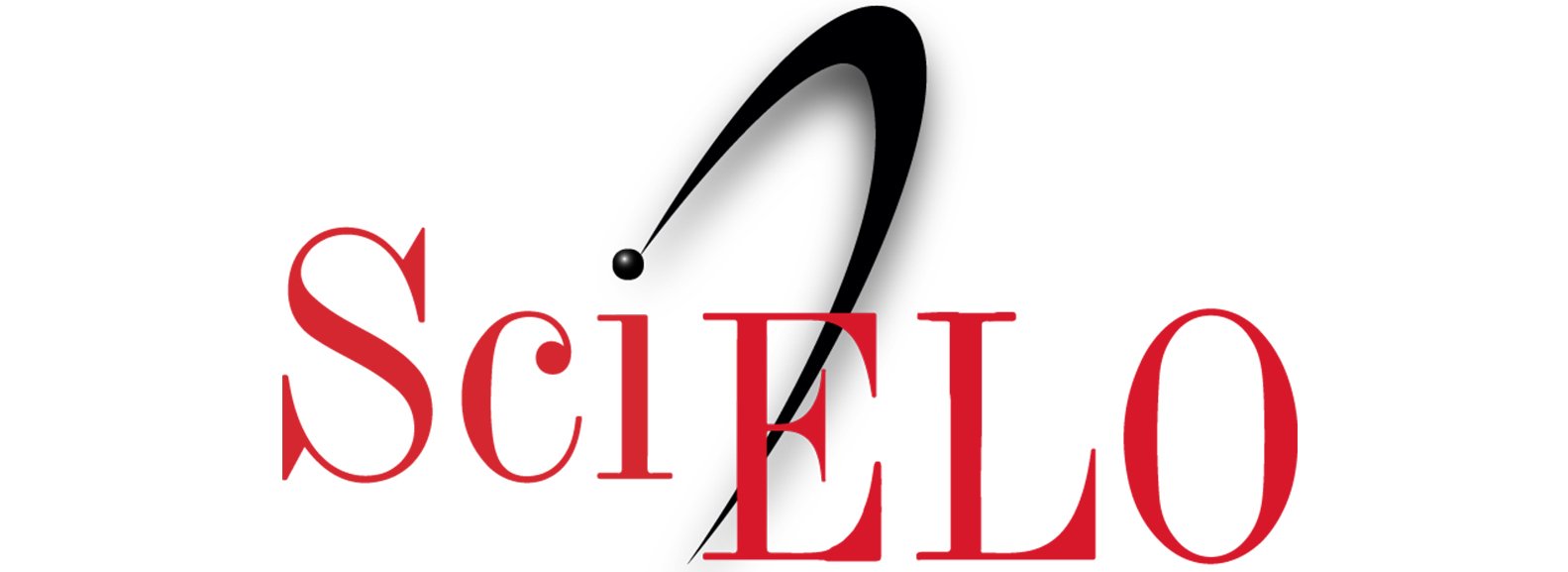EDITORIAL
REVISTA DE LA FACULTAD DE MEDICINA HUMANA 2019 - Universidad Ricardo PalmaDOI 10.25176/RFMH.v20i1.2562
PERSPECTIVES FOR HEALTH TECHNOLOGY ASSESSMENT
PERSPECTIVAS PARA LA EVALUACIÓN DE TECNOLOGÍAS DE SALUD
Marcus Tolentino Silva1,a
1 University of Sorocaba, Brasil.
a BPharm, MSc, PhD.
An unplanned health care system is like a paper boat carried by a slowly sinking current. In times of disinformation and excessive distraction, investing in better facts on health technology assessment (HTA) will enable more active actions rather than reactive to the market dynamics. This paper aims to raise some reflections on HTA in terms of political context, health technologies and epidemiological priorities.
The perspective of HTA is context dependent, intrinsic to its political and institutional articulation. At the moment, the
paradox is to maintain a specialized structure in the face of economic austerity policies that reduce health resources,
and a scenario of greater interest in raising public funds by the private sector. Particularly in Brazil, HTA will also
have to deal with the gradual shift from a universal health system to a minimum portfolio of services offered by the
private sector(1). The public sector will be requested for very expensive technologies, usually by judicial measures. The precariousness of work relationships will influence HTA workers because they will not have a link and identity with the health system. Thus, there will be more productive and less reflective HTA processes. The context of greater dependence on the private market will allow new problems with medical technologies to emerge, such as the opioid
crisis in the United States.
Health technologies will continue to put pressure on health systems. The last decade has been marked by the use of high cost biological drugs. Others advanced therapy medicinal products are expected to have this momentum in the coming years(2). In addition, there will be greater integration between diagnostic and treatment technologies (e.g., glucose monitoring devices and insulin pumps) and more information about these products performance. The HTA specialist will have to keep up with this knowledge and reflect on how the undesirable consequences of these products will be detected. It is noteworthy that the high technological dependence will make underdeveloped countries prioritize market needs over those public health.
Underdevelopment induces reliance on essential technologies, such as the need to import basic active ingredients (e.g. penicillin), and the reversal of science and technology priorities when thinking about health needs. In consequence, ineffective procedures for poverty-related diseases will persist for many years(3). The possibility of weakening governments and shifting responsibilities to the private sector will increase access inequality and new inputs will address the epidemiological priorities of developed countries. Mitigating health technology approval mechanisms will induce HTA to strengthen monitoring and new ways of reimbursement, such as risk-sharing.
Epidemiological challenges often push themselves on society. Going back to the Brazilian scenario, the past decade was marked the epidemiology of infectious diseases with the emergence of microcephaly associated with the Zika virus(4). Despite it was a disease with little knowledgement, the country responded satisfactorily due to past years investments in research and development. However, the pandemic increased issues about social justice issues, like reproductive rights of women. Considering the possibility of further outbreaks and diseases, the answer will be uncertain because the sustainability of science and technology is out of priority. Accordingly, the HTA specialist will have to cope with the poorest information to induce health decisions. In the short term we will look at the health consequences of oil spills on beaches in northeastern Brazil, the increased access to pesticides and the use of electronic cigarettes. This group of problems will be merged by still persistent issues such as chronic and infectious diseases, in which they are related to more effective public policies to control risk factors in the population, such as known harmful products (eg sugar, cigarettes, and alcohol) and sanitation.
The past decade has also been marked by new methodological approaches to assessing the performance of medical technologies, including indirect comparisons, comparative effectiveness research, and new analytical models in cost-effectiveness studies. The HTA specialist will have to learn the issues of these approaches and how they will influence decision making(6). This is an important challenge in a scenario of low investment in education. Training professionals with these skills depends on scholarships and access to good quality postgraduate courses. It is worth mentioning the expectation of a larger number of unconventional databases in terms of structure and size (big data) and the use of artificial intelligence in health decisions and in the right of access to services. In the medium to long term, it is clear that the health systems we know will sink and change the processes of HTA. These changes are slow and sometimes difficult to perceive, as the search for medical care is irregular, especially in underdeveloped contexts. Further reflection on these aspects will enable more active behavior by managers and politics committed to a more equalitarian and just society.
Correspondence: Marcus Tolentino Silva
Address: Universidade de Sorocaba, Pós-Graduação, Sala 13, Rodovia Raposo Tavares, km 92,5, Sorocaba, São Paulo, Brasil
Telephone: +55 19991496311
E-mail: marcusts@gmail.com
REFERENCIAS BIBLIOGRÁFICAS
